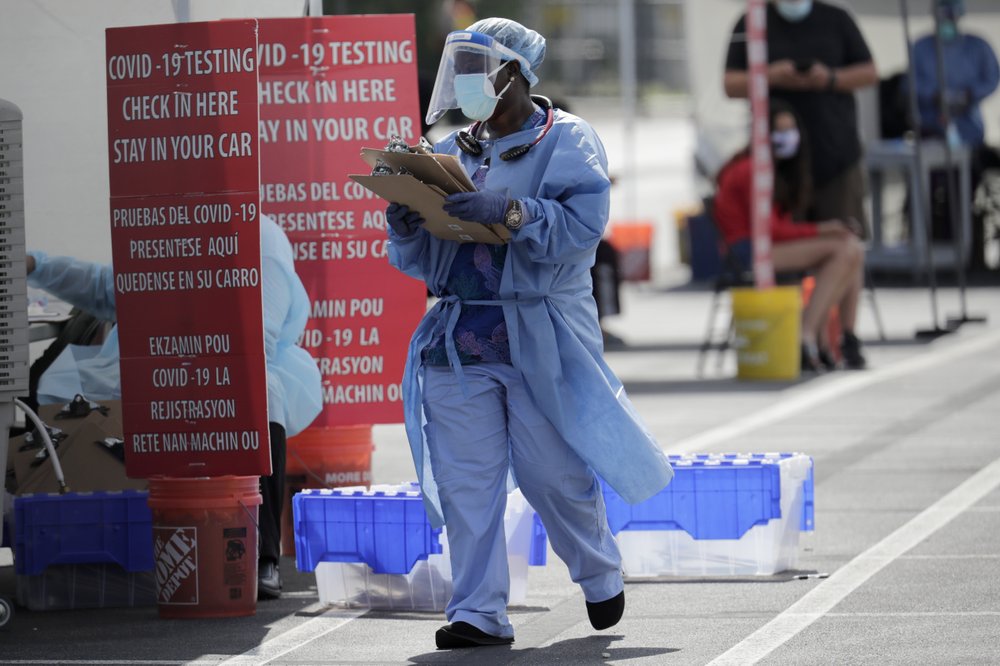Blacks more likely to be impacted financially by COVID-19 pandemic
Statistics show since the coronavirus hit the United States in March, many African Americans have had trouble paying their bills on time
36% of Black families are reporting that their jobs have been negatively impacted by the pandemic, compared to 29% of whites.
READ MORE: U.S. coronavirus deaths hit 100K, African Americans remain at higher risk
African Americans are also reporting that income has been negatively impacted at a higher rate: 31% of Blacks versus just 24% of whites.
The report from Visual Capitalist says that Black Americans are experiencing an increased use of online financial services including banks. Further, with fewer savings, Black Americans are more likely to have missed a recent bill payment.
Those numbers were significant.
More than 51% of Black Americans who took part in the survey have missed at least one bill payment, versus just 16% of whites.
“This includes being unable to pay for basic items such as utilities, telephone and internet, and mortgage payments.”

(AP Photo/Lynne Sladky)
The report notes that while all Americans are using more online financial tools during the pandemic, Blacks are less satisfied with their experience. The report encouraged financial institutions to review their remote and in-person customer service procedures to ensure that the “needs of all families are being met.”
Visual Capitalist is an online global data publisher focused on topics including markets, technology, energy, and the global economy.
Their new, recent data supports previous research from The Pew Research Center which notes that Black and Hispanic families have been hardest hit financially due to the COVID-19 outbreak.
READ MORE: Nearly 31% of Black Americans know someone who died of COVID-19
Job and wage loss, as well as the economic downturn, has made already vulnerable families at risk for further long-term financial challenges.
America’s long history of occupational segregation, economic exploitation, and employment discrimination are all factors in how minority communities have been able to navigate the lengthy pandemic which is in its fourth month.
Have you subscribed to theGrio’s new podcast “Dear Culture”? Download our newest episodes now!
The Getty Image will be here
